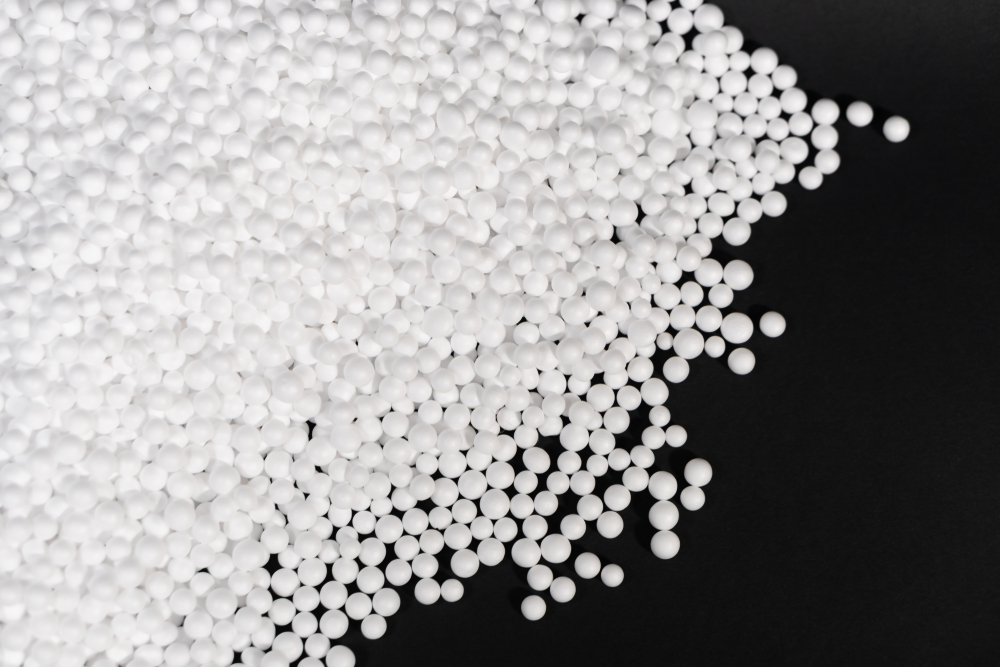The study conducted by Chris Rinke and published in the journal In particular, Microbial Genomics is considering to provide superworms with food waste or agricultural bioproducts to consume with polystyrene, which could “be a way of improving worm health and coping with the large amount of food waste in Western countries“. But if it is possible to breed more worms for this purpose, the scientist envisages another route, biomimicry, which would involve mimicking the worms’ digestion process: “Ultimately, we want to remove superworms from the equation”, explained the researcher, who now plans more research aimed at finding the most efficient enzymes – and then improving them further through enzyme engineering.

